Yesterday, while we were in the car, Lou Reed’s classic “Walk on the Wild Side” was playing on Sirius Radio. I hadn’t heard it recently. I thought it was most likely on the play list because of Trump and his demonization of trans people and drag shows. (Click below to watch video)
"Walk on the Wild Side" touched on topics considered taboo at the time it was released, including transgender people, drugs, male prostitution, and oral sex.
The video unambiguously shows what the lyrics refer to.
The song was produced by David Bowie and his Ziggy-era guitarist Mick Ronson, shown below:
Here’s an article about the meaning of the song.
These are the people referred to in the lyrics:
Holly: Holly Woodlawn, a transgender actress who was part of Andy Warhol’s entourage.
Candy: Candy Darling, another transgender actress and Warhol superstar.
Little Joe: Joe Dallesandro, an actor known for his roles in Warhol’s films and a symbol of gay subculture.
Sugar Plum Fairy: Joe Campbell, who got the nickname for appearing in the 1965 film My Hustler.
Jackie: Jackie Curtis, a transgender actress and writer associated with Warhol’s scene.
Read more about it on Wikipedia.
This song is about as woke as any song can be. It is a song about tolerance and, more than that, about embracing people’s indenties and life styles which are different than the norm.
It is considered a “celebration of diversity and a reflection of the counterculture of the 1970s (reference).
I wish that this could be an anthem for today joyously celebrating the diversity of America.
In reponse to a comment to this Substack I want to clarify that by diversity I mean in the way it is defined in the DEI which Trump and MAGA thinks is evil.
I don’t embrace people who, if I’d lived in Nazi era Germany, would have wanted me exterminated because I was a Jew. Nor do I embrace people today who join ICE so they can rid the country of immigrants.
I was disappointed to read that the actor that played Father Ted was anti-trans. I used to watch “Father Ted.” This is what Wiki says about it:
The show subverts parodies of low-brow humour as it portrays nuanced themes of loneliness, agnosticism, existentialism and purgatory experienced by its title character; this deeper meaning of the show has been much acclaimed
I never thought about it this way. I just thought it was hysterical, especially Father Jack, the alcoholic priest shown in the foreground below.
This is the actor’s Substack about his arrest.
Here’s how he ended it:
Trans activists are planning to protest, so bring the nose-plugs.

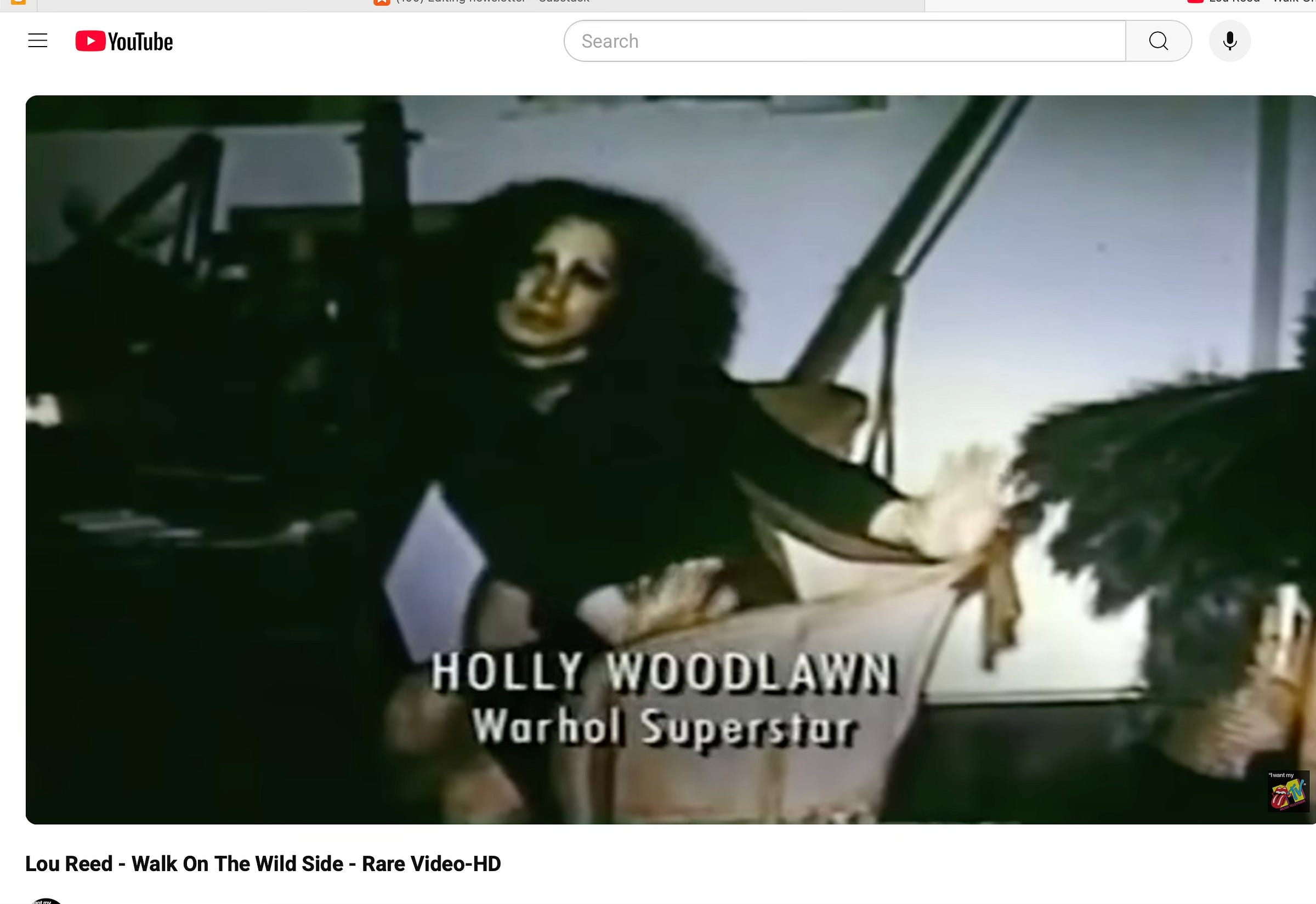
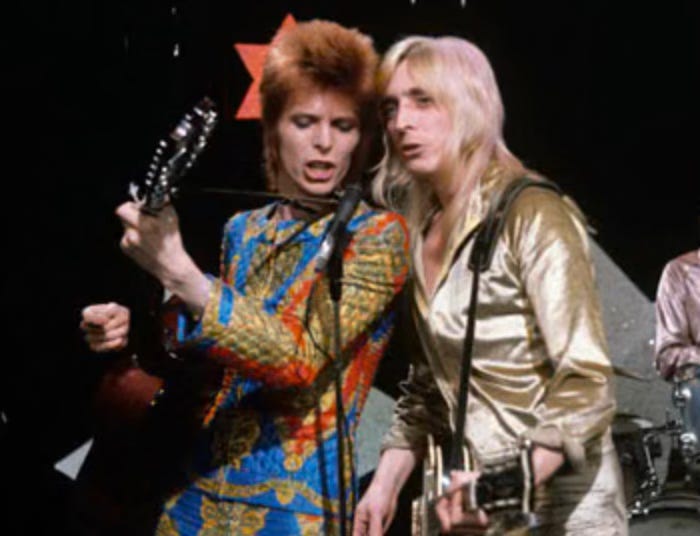


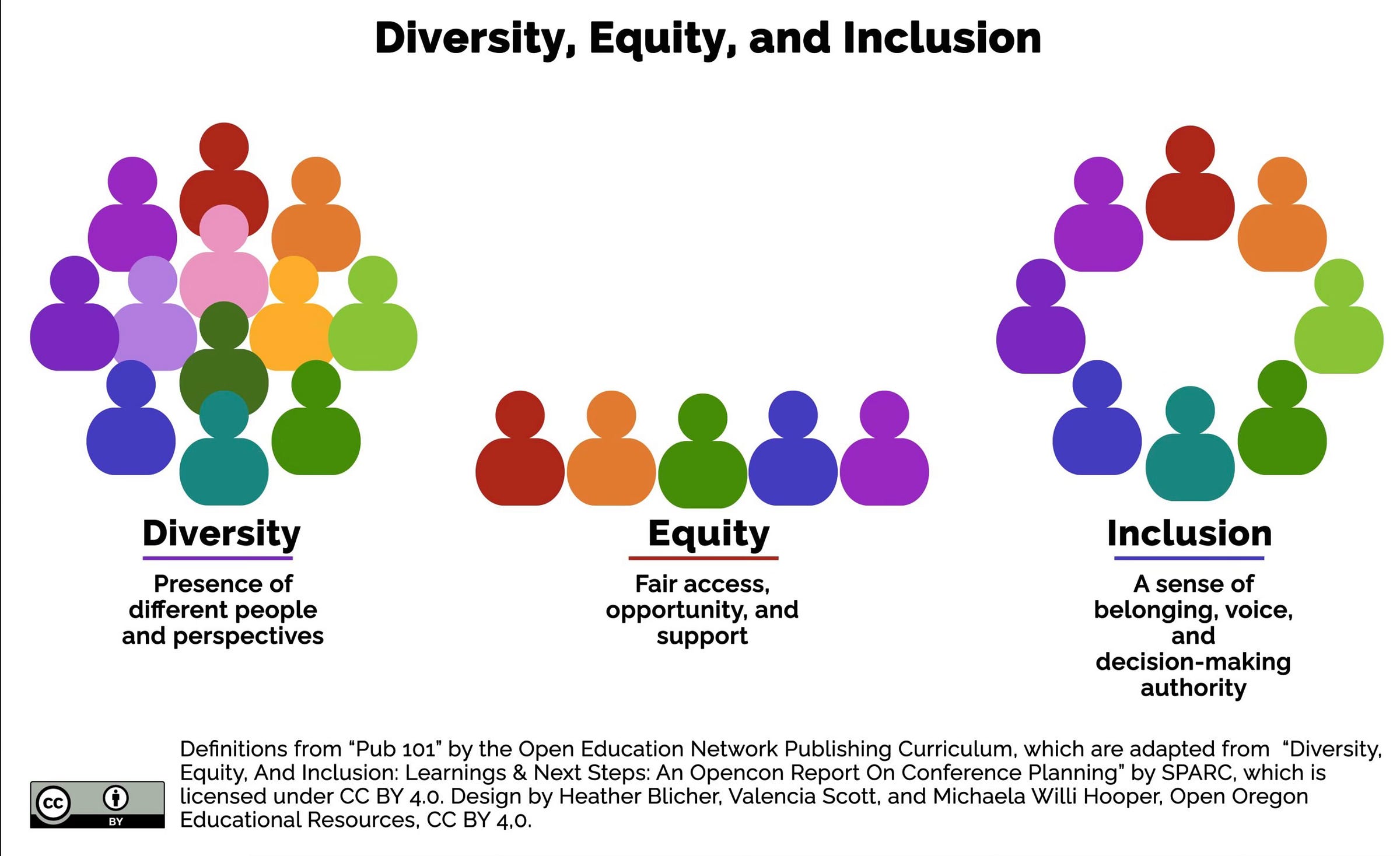


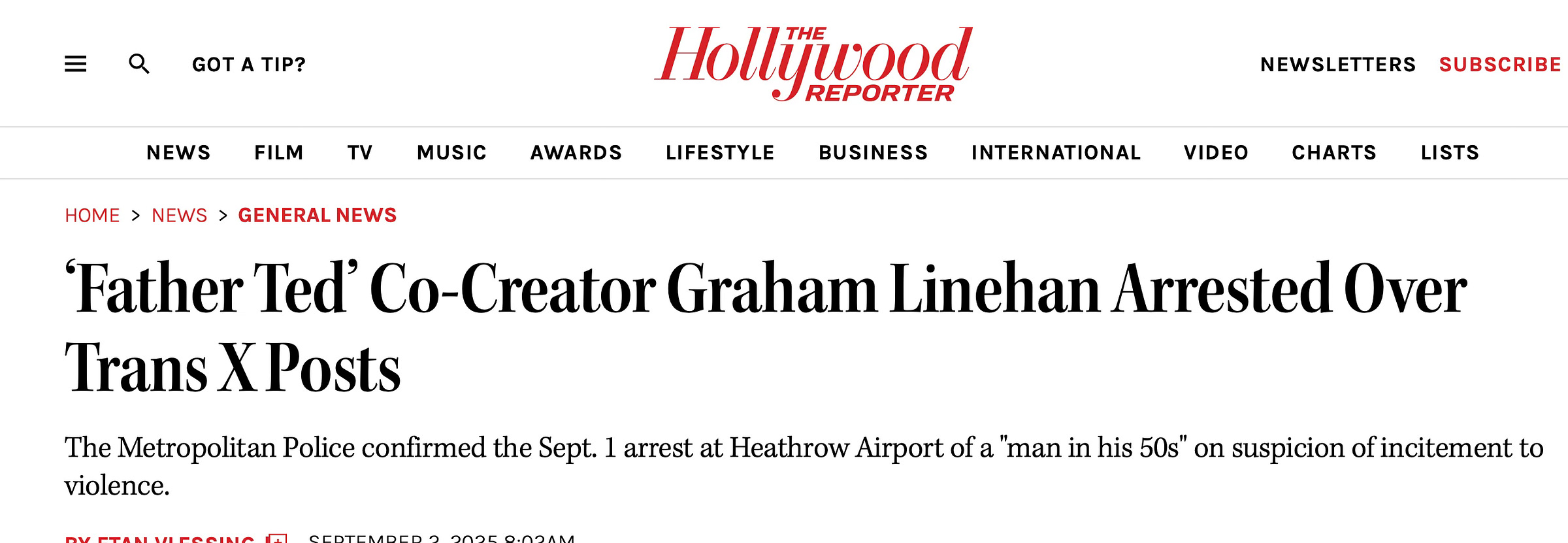
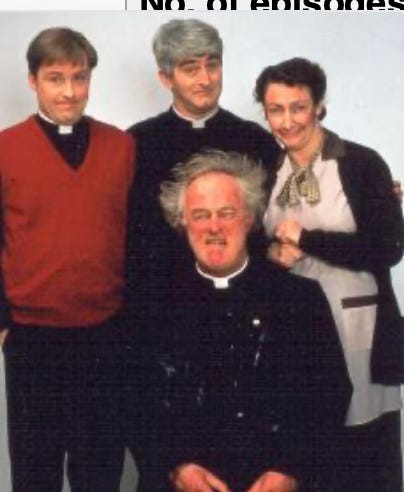
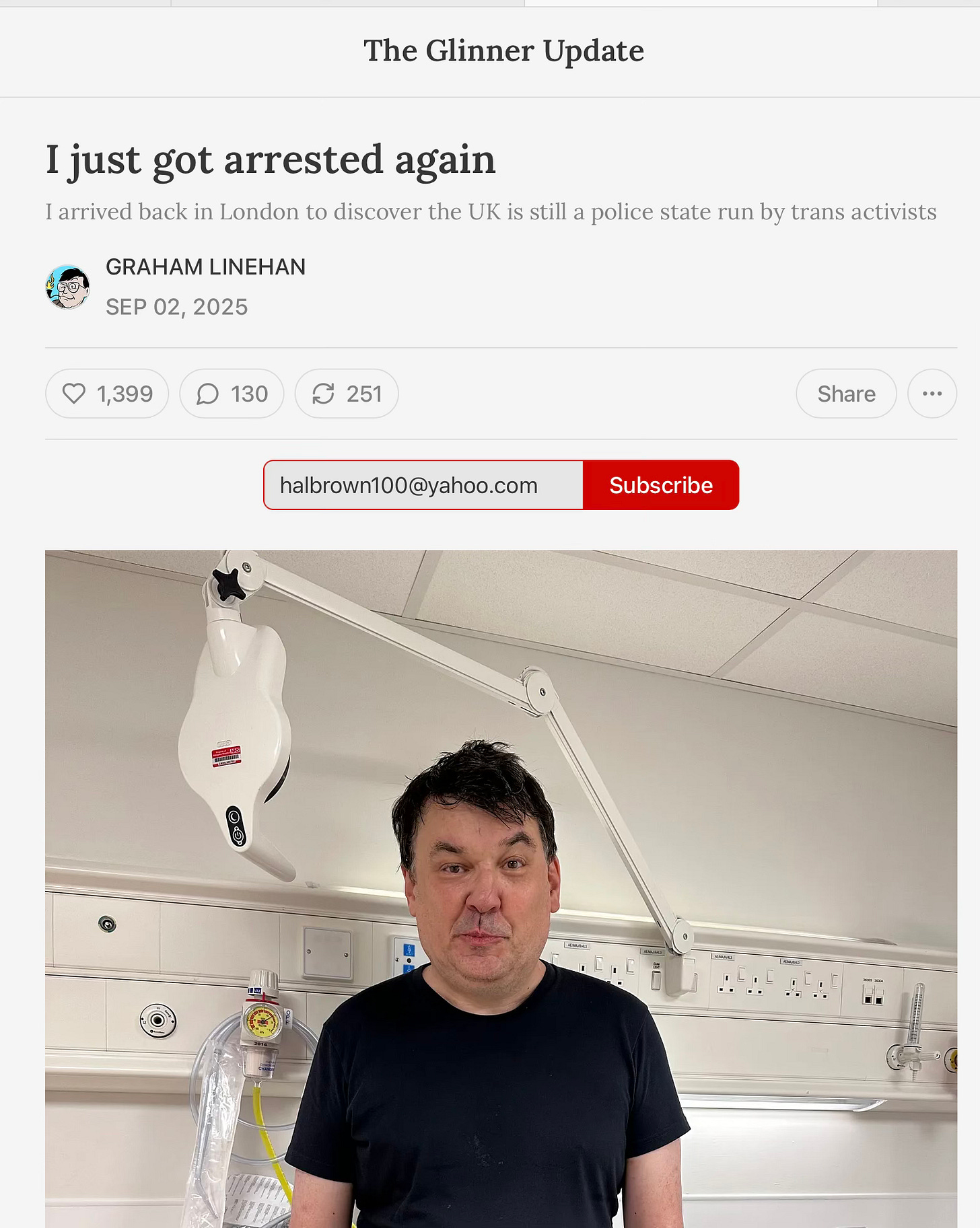




No comments:
Post a Comment